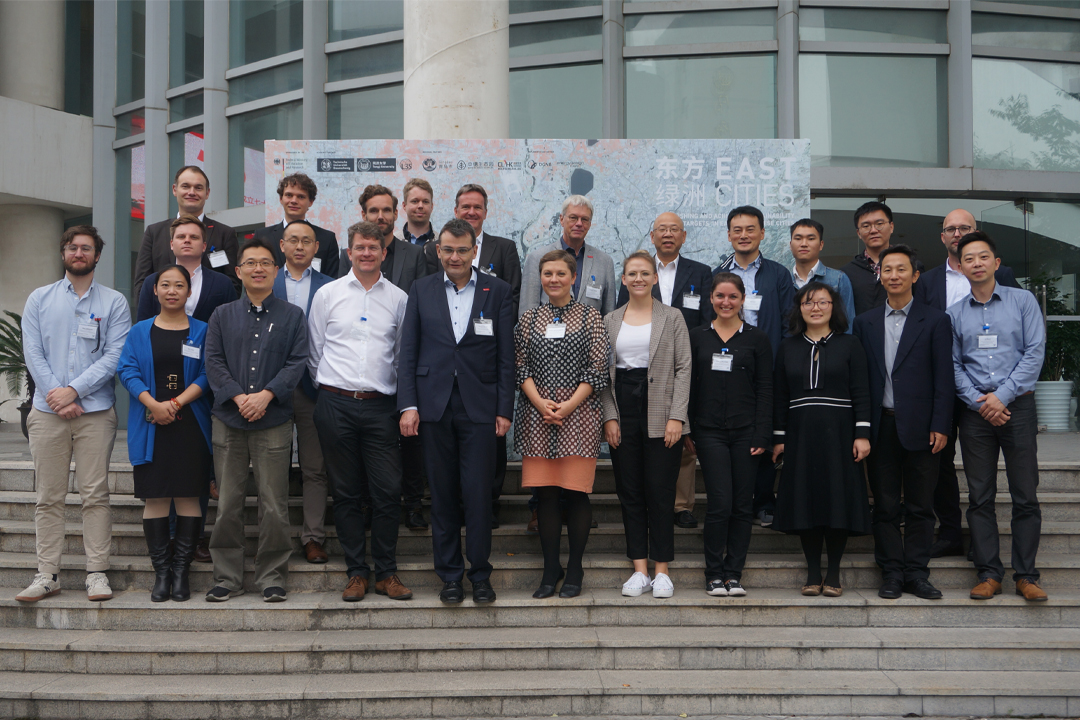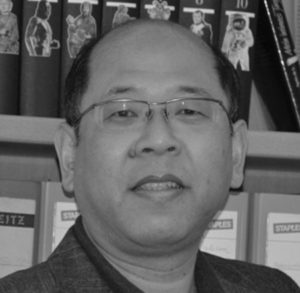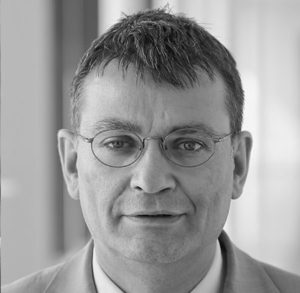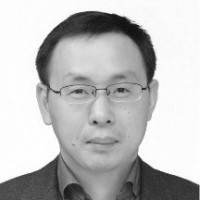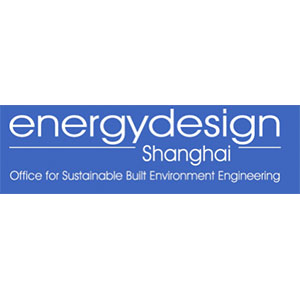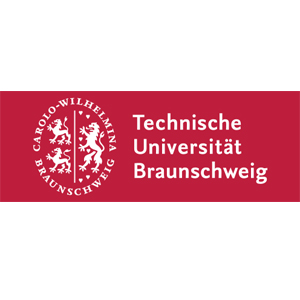EAST-Cities Resources Team submit abstracts for International Workshop on Healthy – Energy Efficiency & Intelligent Building Systems
12.05.2020 | The EAST-Cities Resources team submitted three abstracts for the International Workshop on Healthy – Energy Efficiency & Intelligent Building Systems to be held in July 2021. In this research, neighborhoods about 1 km2 with a good variety of buildings in 3 representative eastern cities are selected and examined, which are Qingdao, Hang...













